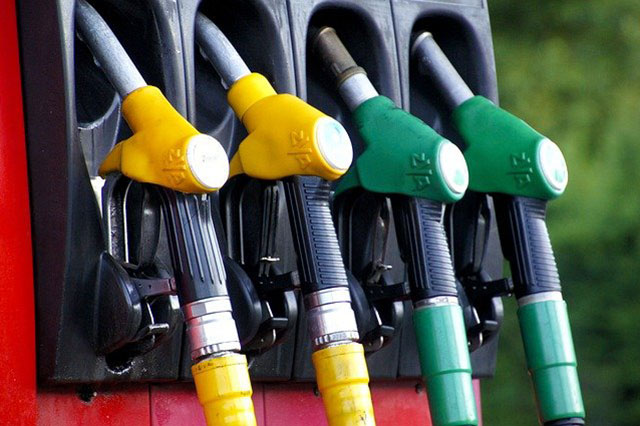Cape Town – President Cyril Ramaphosa says the R1.50 fuel levy reduction cannot be extended forever, as it came at a significant cost to public finances.
Ramaphosa said this in his weekly newsletter, where he wrote about the rising cost of living.
“Over the past few months, South African consumers have been hit by steep price increases that have dramatically affected their quality of life.
“It has become increasingly more expensive to buy food and other essentials, to pay for basic services and to use public or private transportation. While these rising costs affect everyone, low-income households are feeling them the most,” said Ramaphosa.
ALSO READ: SA’s fuel levy cut extended but price hikes remain
He continued: “Last week, we announced that the fuel levy will be suspended for another two months to August, which will bring some relief to households.
“The suspension of the levy has provided essential relief to South Africans since it began in April. Since the suspension of the levy comes at a significant cost to public finances, which affects other programmes of government, it will be difficult to continue this indefinitely.”
Though oil prices and extreme weather are events over which we have little control, there is still much we can do, as government, business, labour and communities to help the people of South Africa through this difficult time.https://t.co/DIv5xVOb6U pic.twitter.com/VtcP2rEmz6
— Cyril Ramaphosa ?? (@CyrilRamaphosa) June 6, 2022
According to EWN, on June 1 the price of petrol went up by between R2.33 and R2.43 a litre, while the price of diesel increased by between R1.07 and R1.10.
The National Treasury took a decision to extend the R1.50 fuel levy for an additional two months, until August 3.
Without an extension of the cut, petrol prices would have been hiked by almost R4.00, pushing the prices to above R25.00 per litre, Fin24 reported.
ALSO READ: Fuel price hike: Godongwana, Mantashe expected to ‘announce interventions’
Ramaphosa said that factors that affected the cost of living were ones that the government itself had no control over.
He cited the ongoing conflict between Russia and Ukraine and climate change which included floods and droughts.
“The ongoing conflict between Russia and Ukraine has had a significant impact on the price of fuel and food. Both countries are major exporters to international markets of fertilisers, grains and oilseeds that are needed for a range of items such as cooking oil. Another factor is lower agricultural output due to extreme weather events caused by climate change, such as flooding and droughts,” Said Ramaphosa.
He said that the government was doing what it can to shield South Africans from current and future price increases.
Follow African Insider on Facebook, Twitter and Instagram
Picture: Pixels
For more African news, visit Africaninsider.com
Compiled by Sinothando Siyolo


